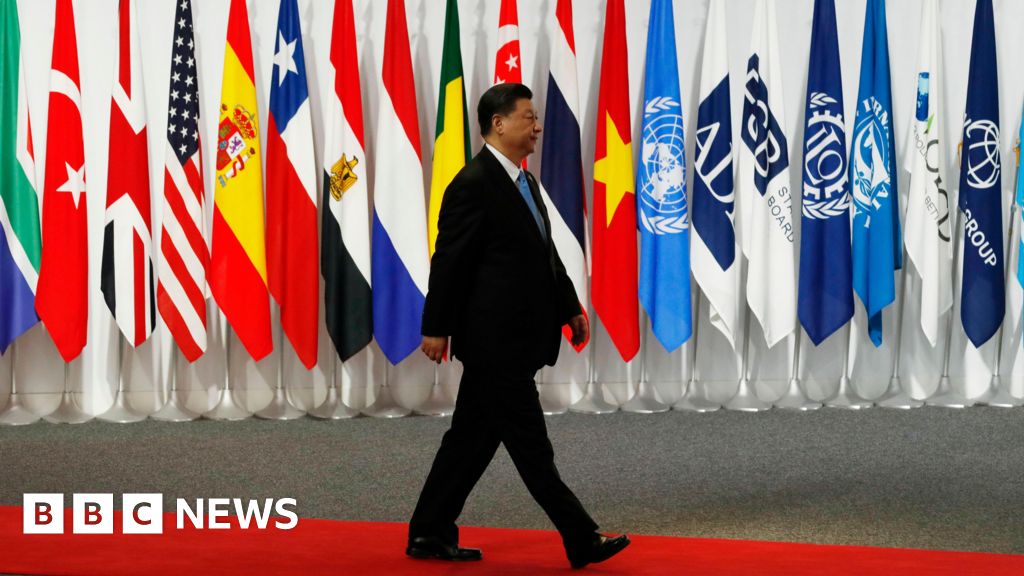Volvo Cars' decision to streamline its workforce comes after the announcement of an ambitious 18 billion Swedish kronor ($1.9bn) restructuring plan aimed at enhancing efficiency and resilience. Industry-wide challenges such as US tariffs on imported vehicles, increasing production costs, and slower consumer demand are exerting pressure on the global automotive market. The company, headquartered in Gothenburg, Sweden, has been navigating this complex landscape since its acquisition by Geely in 2010.
The ongoing automotive crisis sees other major players responding with similar distress. Nissan recently disclosed plans to lay off 11,000 employees and shutter several factories amid poor sales trends. Meanwhile, in the competitive electric vehicle sector, major price cuts by Chinese manufacturers—such as BYD—are disrupting market dynamics, triggering responses from rivals. As Volvo strives to adapt, it remains under scrutiny, especially as it aims to meet its commitment of transitioning entirely to electric vehicles by 2030, a target recently revised under pressure from various market factors.
The ongoing automotive crisis sees other major players responding with similar distress. Nissan recently disclosed plans to lay off 11,000 employees and shutter several factories amid poor sales trends. Meanwhile, in the competitive electric vehicle sector, major price cuts by Chinese manufacturers—such as BYD—are disrupting market dynamics, triggering responses from rivals. As Volvo strives to adapt, it remains under scrutiny, especially as it aims to meet its commitment of transitioning entirely to electric vehicles by 2030, a target recently revised under pressure from various market factors.





















